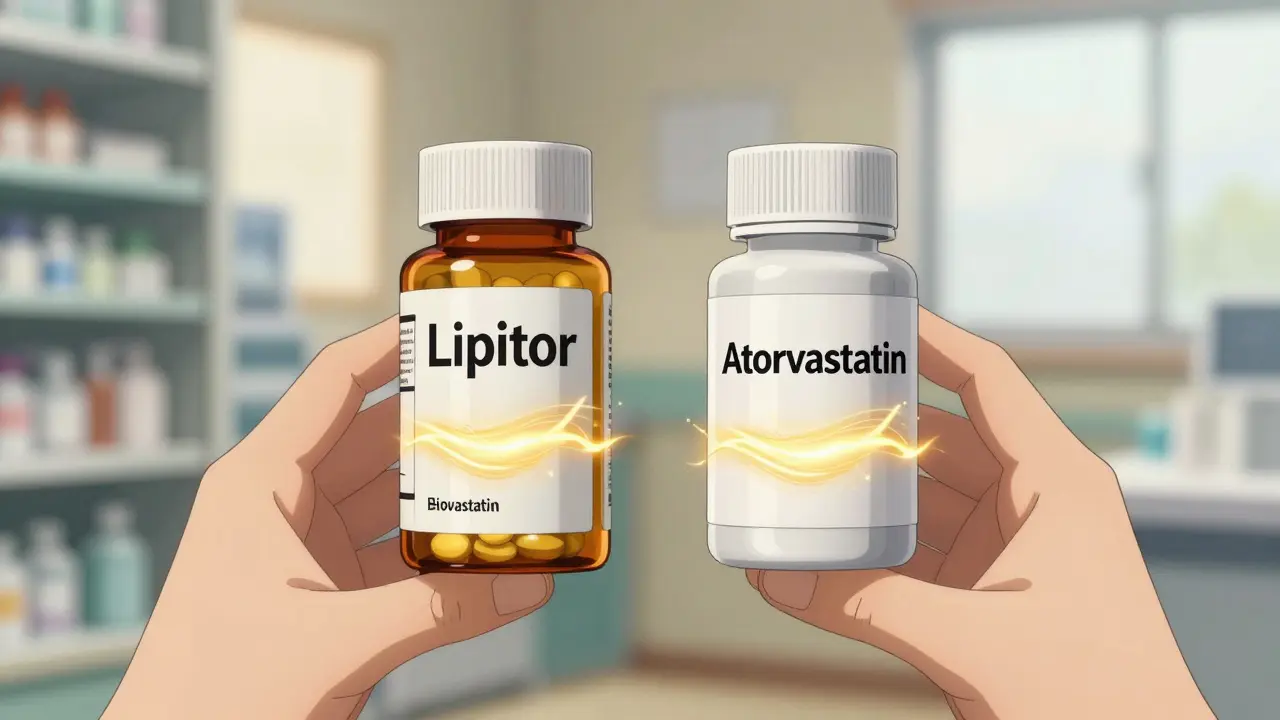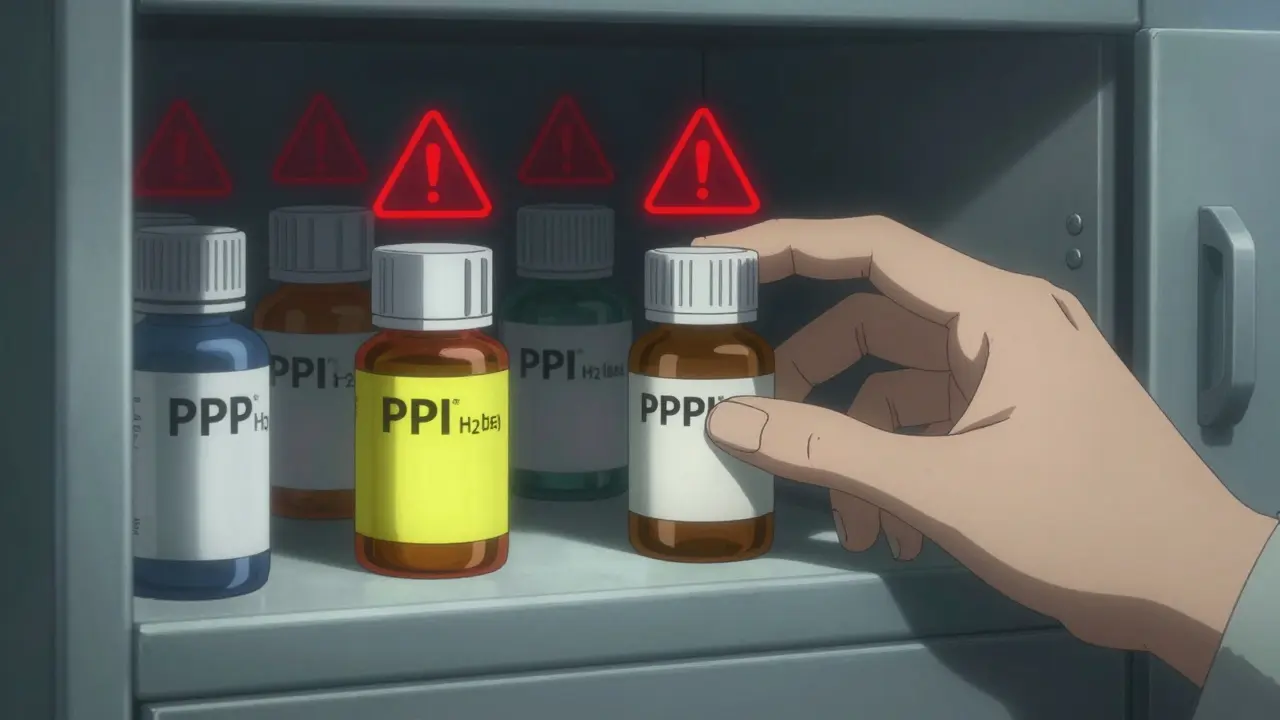Eczema Treatment: Simple Steps to Soothe Itchy Skin
If you’re battling red, itchy patches, you’re not alone. Eczema (also called atopic dermatitis) flares up for many reasons—dry air, stress, certain soaps, even food allergies. The good news? A few everyday habits can cut down the itch and keep the skin looking healthier.
Everyday Skincare Routine
First, think of your skin like a thirsty plant. It needs gentle water and a lock‑in barrier. Take a lukewarm shower, not hot, and limit it to 10 minutes. Skip harsh soaps; choose fragrance‑free, mild cleansers. After you rinse, pat the skin dry—don’t rub, because that can break the barrier further.
While the skin is still damp, slather on a thick moisturizer. Look for creams with ceramides, hyaluronic acid, or petrolatum. Apply it within three minutes of stepping out of the shower for best absorption. If you can, keep a travel‑size tube in your bag for quick touch‑ups when the skin feels tight.
When the itch spikes, a cool compress helps calm the nerves. Just a wet washcloth for a few minutes can give temporary relief and reduce the urge to scratch. Scratching makes the skin worse and can lead to infection, so keep nails trimmed short.
OTC options are handy too. Hydrocortisone 1% cream works for mild flare‑ups; apply a thin layer twice a day for up to a week. If you need more power, an over‑the‑counter antihistamine like cetirizine can lower the itch, especially at night. Always read the label and follow the dosage.
When to See a Doctor
Sometimes home care isn’t enough. If the rash spreads, bleeds, or shows signs of infection—like yellow crusts, pus, or fever—call a clinician. Prescription steroids (like betamethasone) or newer non‑steroid creams can bring fast relief, but they need a doctor’s go‑ahead.
For chronic or severe eczema, doctors might suggest phototherapy (light treatment) or systemic meds such as dupilumab, which targets the underlying immune response. These options are usually reserved for cases that don’t improve with topical treatments.
Don’t forget lifestyle tweaks. Identify triggers by keeping a simple diary—note foods, stress events, weather changes, and new products. When you spot a pattern, you can avoid the trigger and cut down flare‑ups.
Staying hydrated, eating a balanced diet rich in omega‑3s (like fish or flaxseed), and managing stress through short walks or breathing exercises can also support skin health.
Bottom line: consistent moisturizing, gentle cleansing, quick itch relief tricks, and smart OTC use cover most mild eczema cases. If those steps don’t help, a quick visit to a dermatologist will open up stronger treatments. With the right routine, you can keep the itch in check and enjoy smoother, calmer skin.

Dead Sea Salt Baths: Natural Relief for Itchy Skin
Discover how mineral‑rich Dead Sea salt baths soothe itchy skin, ease eczema and psoriasis, and offer a simple, natural therapy you can try at home.




